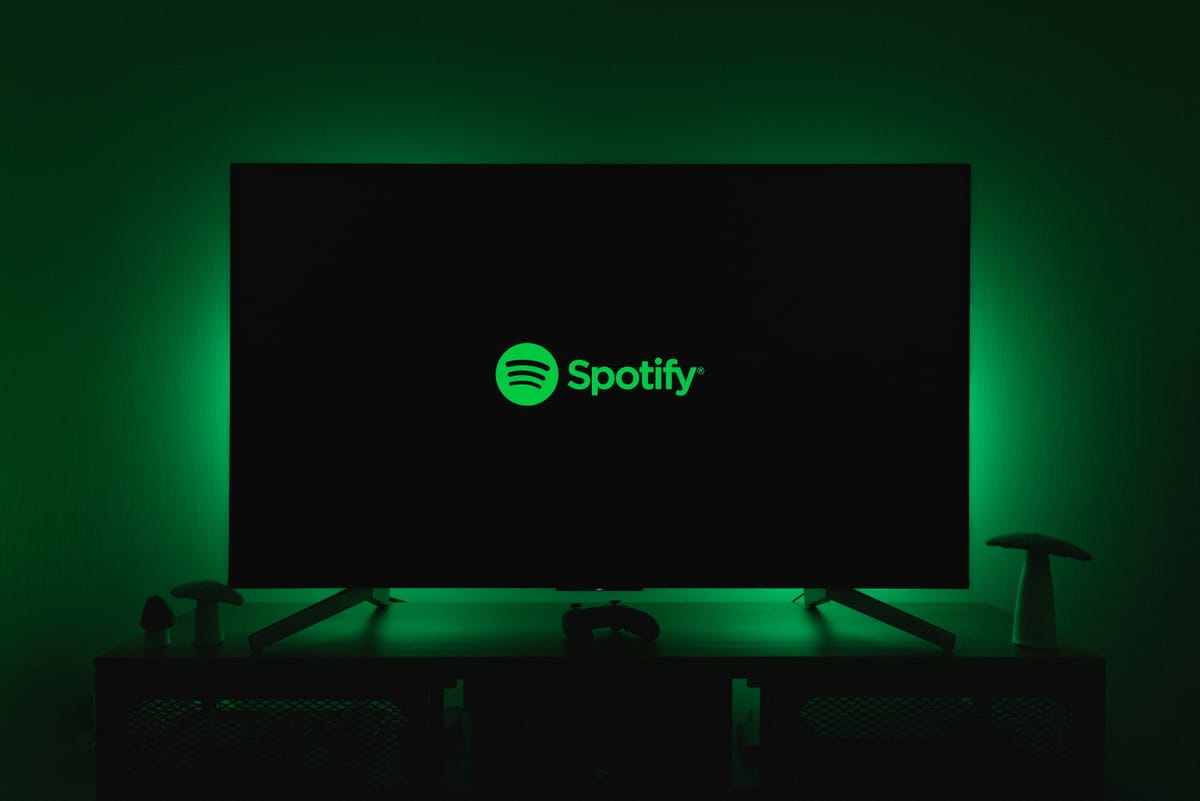Lawsuit Alleges Spotify Ignored Fake Streams Benefiting Drake

LOS ANGELES — A new class action lawsuit filed in California claims Spotify allowed “mass-scale fraudulent streaming” on its platform, alleging that one musician in particular, Drake, received billions of fake streams. The suit, filed Sunday in federal court, names rapper RBX as the lead plaintiff and Spotify as the sole defendant.
Allegations of Streaming Fraud
The lawsuit states that Spotify has turned a blind eye to bots and other artificial methods that inflate streaming numbers. “Every month, under Spotify’s watchful eye, billions of fraudulent streams are generated from fake, illegitimate, and/or illegal methods,” the filing says, adding that this practice harms legitimate artists, songwriters, and other rights holders.
The complaint cites Drake’s music as an example, claiming a “substantial, non-trivial percentage” of his roughly 37 billion streams were inauthentic. The alleged fraudulent activity occurred between January 2022 and September 2025, according to the suit, which points to abnormal VPN usage and geographically concentrated streaming patterns that could not be supported by actual populations.
Spotify Response
Spotify said in a statement, “We cannot comment on pending litigation. However, Spotify in no way benefits from the industry-wide challenge of artificial streaming. We heavily invest in always-improving, best-in-class systems to combat it and safeguard artist payouts with strong protections like removing fake streams, withholding royalties, and charging penalties.”
The company highlighted a prior case in which a bad actor stole $10 million from streaming services, only $60,000 of which came from Spotify, as evidence of its system’s effectiveness.
Impact on Artists and Revenue
The lawsuit explains that Spotify’s “streamshare” model distributes subscription and ad revenue based on each artist’s share of total streams. Fake streams, it says, inflate top artists’ shares while reducing payouts for others. It also suggests that Spotify may have a financial incentive to allow bot streams on its free, ad-supported tier, as higher stream and user numbers attract advertisers.
According to the complaint, some of Drake’s streams came from accounts listening up to 23 hours a day, with less than two percent of users accounting for 15 percent of total streams, and one percent of users accounting for nine percent. The suit also points to irregular spikes in plays long after songs’ release and slower-than-normal decay rates.
Legal Context and Industry Background
The proposed class action seeks more than $5 million in damages, class certification, and a jury trial. Mark Pifko, a lawyer representing RBX, said the lawsuit aims to make streaming fairer and more transparent for all artists.
The case comes weeks after Drake’s defamation suit against Universal Music Group was dismissed, which had included its own streaming fraud allegations regarding Kendrick Lamar’s music. Experts have long debated the prevalence of artificial streams, with industry estimates ranging from hundreds of millions to billions of dollars in annual losses worldwide.
Efforts to combat streaming fraud have intensified globally, with arrests and convictions in multiple countries, including the U.S., Brazil, and Denmark. In Turkey, authorities are investigating Spotify over bot streams and playlist manipulation.
